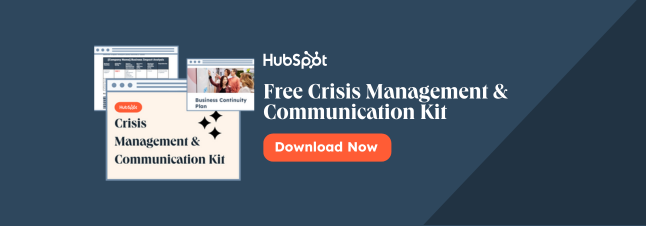The Situation: A telehealth company shut down, but not its payment plan.
SmileDirectClub was co-founded in 2014 by Jordan Katzman and Alex Fenkell in Nashville, Tennessee. Its business model was to offer teeth aligners at a fraction of the cost of traditional braces.

It grew in popularity as a convenient orthodontic solution but, over time, faced scrutiny over its practices' legality, quality, and safety. These issues amounted to significant financial losses compounded over the pandemic, pushing them to bankruptcy after failing to sell.
Despite closing down, SmileDirectClub filed for Chapter 11 bankruptcy protection, requiring anyone who has the SmileyPay Plan to continue to “make all monthly payments until payment has been made in full,” according to a statement on the company's website, and effectively terminate its Lifetime Smile Guarantee or warranty.
Fast forward to today, and former customers are voicing their struggle with debt collectors on spaces like Reddit, one user sharing, “I’ve given up… I'm so scared about my credit score but my teeth are fked and I can’t be paying £144 a month for literally nothing.” Even on X, you can find dissatisfied customers waiting for a solution.
So what were some opportunities that the business could've taken to alleviate the stress on its customers through its last weeks in operation?
The Opportunities
1. Offering more truthful, transparent communication.
One of the last news releases on the company's website stated, “SmileDirectClub intends to continue to provide affordable and accessible oral care to its customers without disruption. The additional liquidity the Company received from its founders, coupled with its normal operating cash flows, is intended to ensure SmileDirectClub is able to continue meeting commitments to stakeholders without disruption throughout this process.”
This statement gave customers a false sense of security when it could've been used to better prepare patients for a change in service.
Businesses should prioritize transparent communication with customers, particularly during challenging circumstances like financial instability or service termination. Clear and honest updates can help manage expectations and maintain trust with customers who rely on the services provided.
2. Having a more customer-centric approach.
While I wasn‘t a customer of theirs, the headlines after September made it clear that customer needs came after cash.
When customers' health and well-being are at stake, businesses must adopt a customer-centric approach that prioritizes their needs above all else. Understanding and flexibility can go a long way in building positive relationships and instilling confidence in the company's commitment to customer care.
3. Providing ethical service termination.
SmileDirectClub‘s closing was abrupt and nothing short of a headache. In the event of service discontinuation due to business closure or bankruptcy, it’s crucial for businesses to handle the situation with ethical integrity.
Providing options for alternative solutions like loan cancellation, or even a flat fee returned would be better than what the business chose. Ensuring fair treatment of customers can help mitigate the impact of such circumstances and protect customers from financial harm. And in case you reopen business down the line, you'll have more of a chance of winning back some of those contacts.
So what can business owners and service teams take away from SmileDirectClub's mistakes? And how can you set your customers up for a more fair departure?
How to Navigate Customer Service if Your Company Shuts Down

- Give customers adequate notice and the opportunity to obtain the services of another provider.
- Provide an FAQ landing page for customers to help answer their questions before stopping operations.
- Have empathy. Give your customers some relief instead of more stress if they have been in good standing for the duration of their business with you.
Customers, especially those receiving services that affect their self-esteem and health, put so much trust into your business — don‘t throw it back into their faces once it’s all said and done. I hope these takeaways will encourage more service providers to use proactive strategies to uphold more ethical standards when serving those who rely on their care.
Customer Support



.png)










